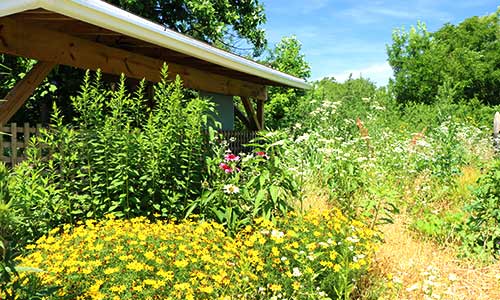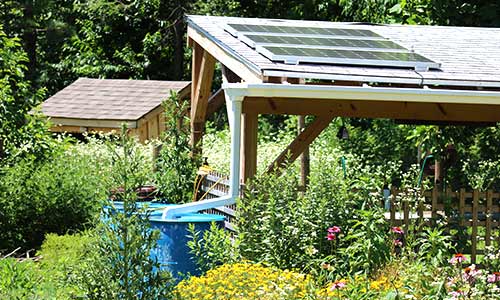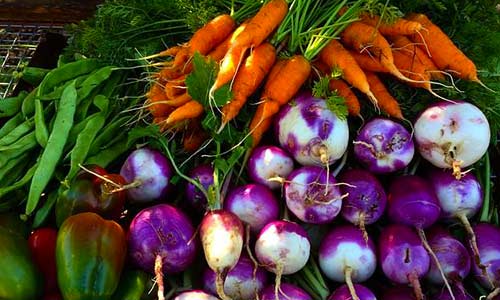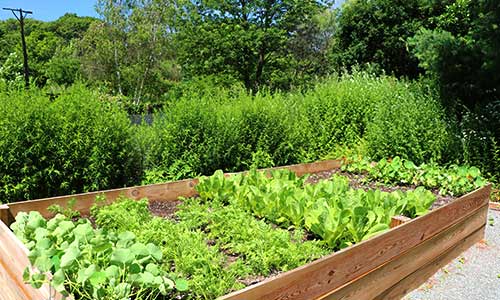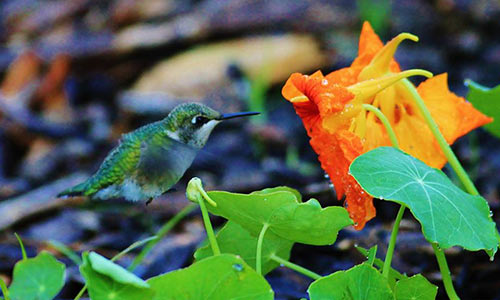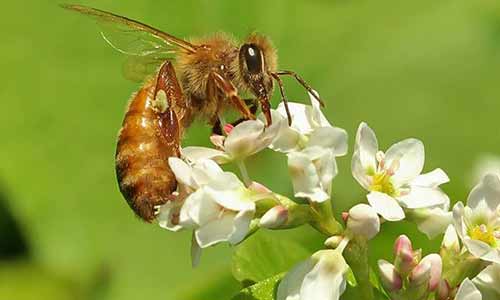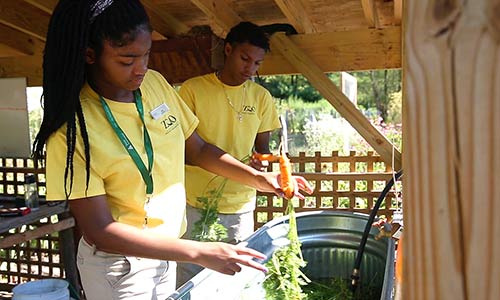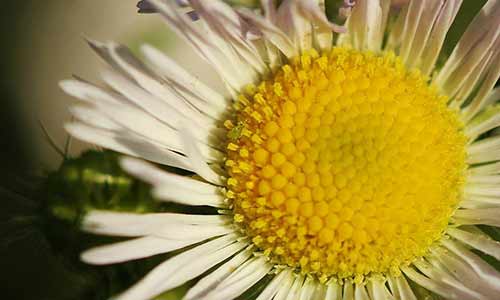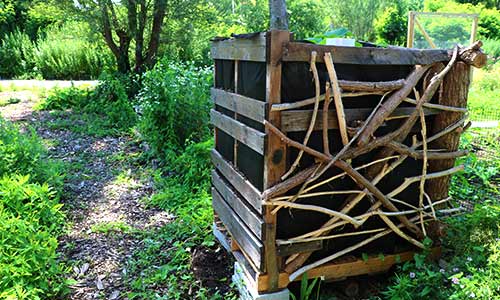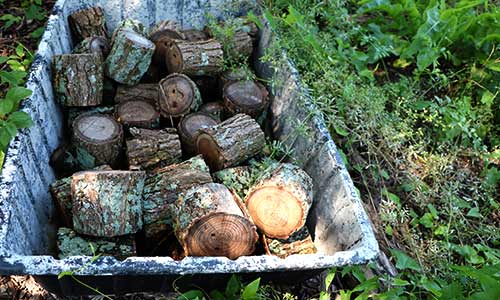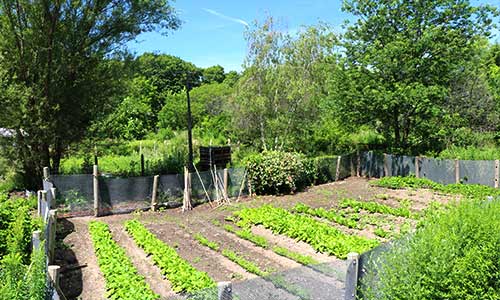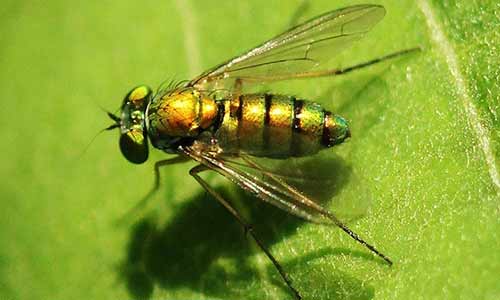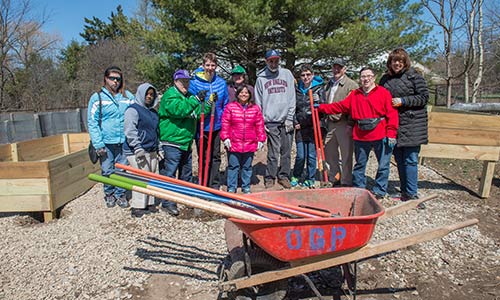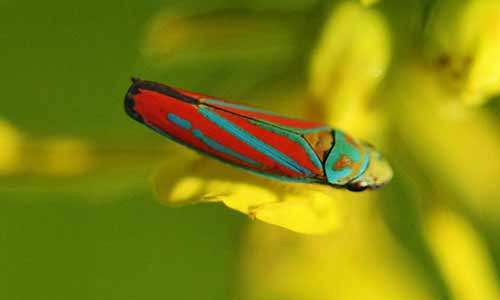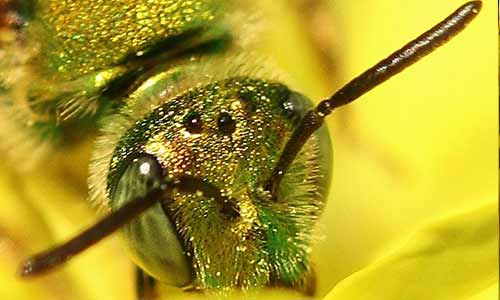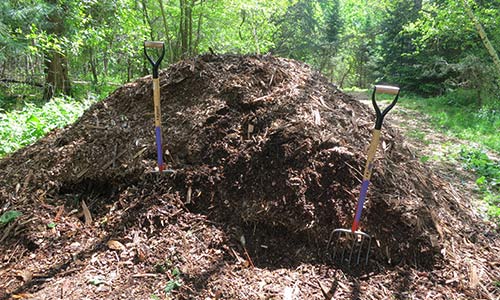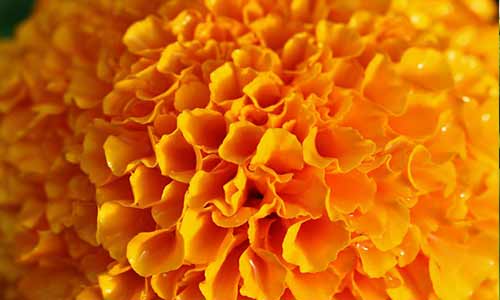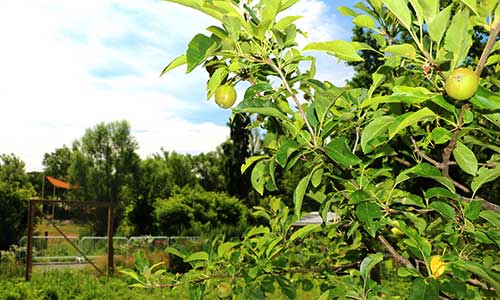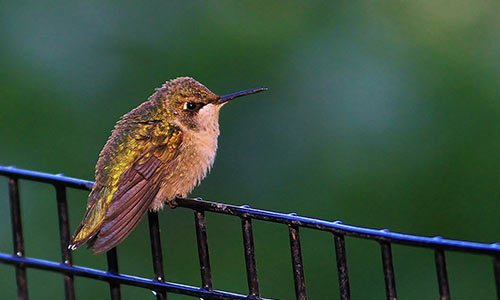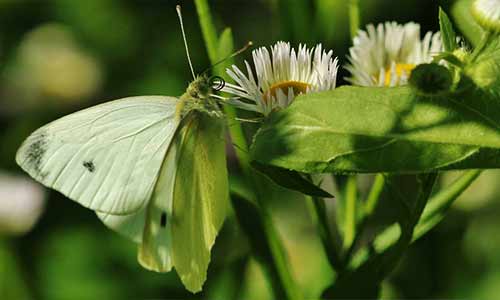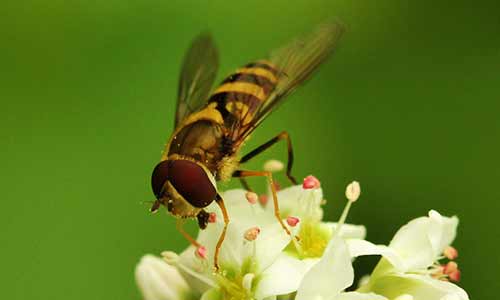Organic Garden Project to begin at Franklin Park Zoo
Monday April 4, 2016
With Spring finally here, it’s time to get the garden ready – the Organic Garden Project that is.
Through the Organic Garden Project, which is supported in part by the Massachusetts Service Alliance and the YOU Generate Campaign, the staff at the zoo along with volunteers will prepare the gardens, plant and harvest a variety of organic produce, herbs and other plantings that will be fed to the animals and used as enrichment. This is the third year for the Organic Garden Project at the Zoo.
During National Volunteer Week, April 10 – 16, volunteers, including groups from the Boston University Community Service Center, Triangle, and The Price Center, will work with the Zoo’s horticulture staff to prepare the gardens for planting.
In addition to the benefits to Zoo New England’s Franklin Park Zoo and Stone Zoo, The Organic Garden Project also provides an opportunity to educate people in the local communities about the importance of fresh, locally grown produce and how to undertake small-scale organic gardening on their own.
“The Organic Garden Project aligns perfectly with Zoo New England’s conservation mission, and is an incredible opportunity to educate people of all ages in a meaningful, hands-on way about the importance of sustainability, organic gardening practices and the role that pollinators play in the ecosystem,” said Harry Liggett, Zoo New England Manager of Horticulture and Grounds.
The Organic Garden Project consists of three gardens, and this year the zoo will be growing romaine, swiss chard, pumpkins, cantaloupes, red peppers, carrots, turnips, squash, pole beans, raspberries, a variety of herbs and wildflowers. The gardens will be surrounded by insectary plantings, which will include dill, fennel, forsythia and cosmos, that are intended to attract beneficial insects such as ladybugs, hover flies, predatory wasps and others. The insectary plantings will also be used as enrichment – novel food and play items for the animals.
Surrounding the gardens, buckwheat, an insectary plant that is an important source of pollen for bees, will also be planted.
This year, the zoo will be installing raised planter beds, which will be easily accessible for volunteers of all abilities. Additionally, the Organic Garden Project will also include rain barrels and a solar-powered drip irrigation system.

